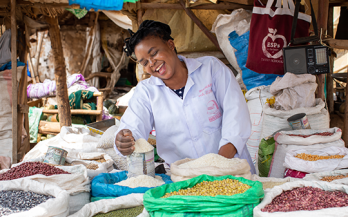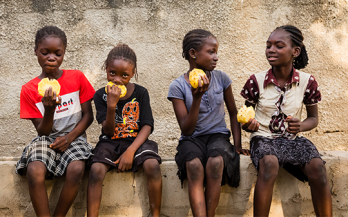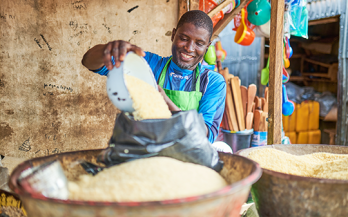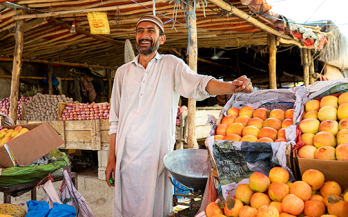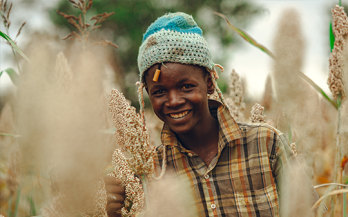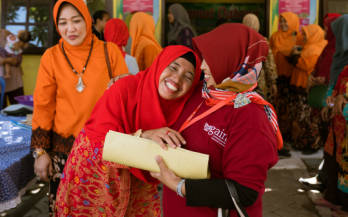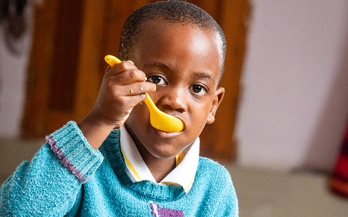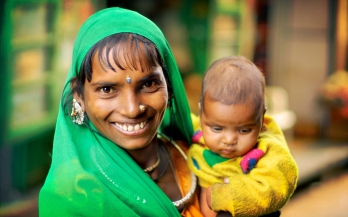To successfully execute Bangladesh’s National Pathway for the Sustainable, Equitable and Resilient Food Systems Transformation, it is conducive for all actors in the food system to have consistent and easy-to-access data for informed decision-making. To meet this need, the Government of Bangladesh and the Global Alliance for Improved Nutrition (GAIN) in collaboration with the Columbia Climate School, FAO, different ministries including Prime Minister’s Office, Ministry of Planning, Ministry of Agriculture, and other relevant ministries, departments, agencies, development partners, academia, and private sector developed the Bangladesh Food Systems Dashboard (BDFSD) integrating national and subnational level data.
GAIN Kenya has been working towards improving the nutrition and health status of Kenyans with support from donors, government, the private sector and other stakeholders. These efforts have culminated in increased policy influence in counties, development of the Food Fortification Strategic Plan 2018-2022 and the establishment of Food Safety Coordination Committee in Counties.
In 2023, Criterion Institute and UNICEF partnered to develop child lens investing: an emerging field that intentionally integrates considerations of child rights and wellbeing into investment processes. Understanding is growing of the opportunity that exists for increasing economic, social, and environmental impact by considering children when making investments.
In a perfect world, functional food systems would provide multiple benefits for everyone, including healthy diets, environmental sustainability, and improved livelihoods . Unfortunately, we live in a far from perfect world. Over three billion people cannot afford a healthy diet, some 735 million people face hunger, and obesity rates are on the rise .
As countries develop their National Pathways for food systems transformation, one emerging need is to
ensure policies land at different levels. A truly effective ‘national’ policy must span all sub-national areas.
The ‘Pakistan Food Systems Dashboard’ is an initiative that bridges this gap through credible national, city, and district data across a range of key food systems indicators.
The Kenya Food Systems Dashboard, unveiled in February 2024 and managed by the Ministry of Agriculture and Livestock Development, brings together much-needed data to support this food systems transformation. It includes an overview of Kenya’s food system, offering valuable insights into both opportunities and challenges.
This brief describes how and why we take the approach we do at both national and global levels, including key features of the way we work.
To better understand the primary pathways through which gender norms impact children’s diets, this scoping review examines recent literature on gender issues related to child feeding in LMICs. It seeks to identify trends that occur within specific populations and cross-culturally. The findings will support increased gender sensitivity across GAIN programmes.
Food systems are a foundation of human and planetary well-being and central to achieving the Sustainable Development Goals. Yet they also contribute to ill health, inequity, environmental degradation, and greenhouse gas emissions. These challenges demand urgent food systems transformation. Such a transformation requires understanding the status of food systems across their diverse functions.


